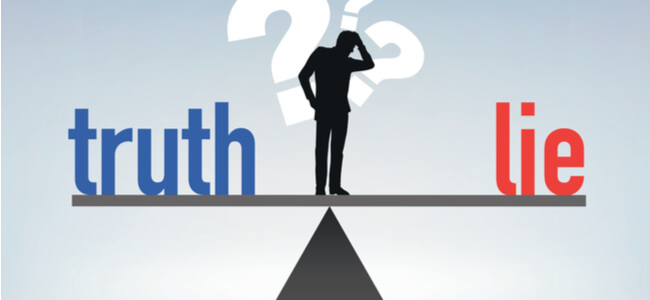6 Things To Know About DNA Testing

Many people are turning to at-home DNA testing kits to learn more about their heritage and ethnicity.
If you are curious about your family history or if you have any long-lost relatives out there, a DNA test can easily and quickly satisfy your curiosity.
In this article, learn six things you need to know about DNA testing.
1. Understand What DNA Testing Does
DNA stores biological information. By looking closely at that information, and testing it with other people who have similarly submitted DNA tests, companies can build profiles regarding your heritage and ethnicity.
The process for DNA testing goes as follows:
- Through a sample of salvia or a swab from your cheek, professionals locate and extract specific parts of your DNA.
- With your permission, your DNA is then compared to other people to form an understanding of where your ancestors lived.
- Other valuable information your DNA can tell you relates to medical and lifestyle factors.
With that valuable information, you can better understand your family tree, connect with family members, or even follow your ancestors' migration patterns.
2. Explore Different DNA Testing Kits
To understand which DNA testing service you should use, consider the following points:
- What are you hoping to gain from these insights?
- If you are seeking medical information, find a service that specializes in this.
- If learning about your ancestor’s migration is appealing, look for a company that provides an interactive map.
- For those looking to find birth parents or family members, seek out a company with an extensive database.
Each person’s yearning to learn about their heritage is different. Some simple internet research will help you explore which companies specialize in certain areas.
You should be able to order your test online, receive it at your doorstep, send it back, and get results sent to your email.
3. Understand DNA Structure
It is essential to take a moment to understand what DNA is and why it can be useful. Unless you are a scientist, the subject can be a little confusing, so here it is broken down:
- Think of DNA as a code. The configuration of the code gives instructions for the creation of organic materials.
- Segments that comprise DNA convert amino acids into proteins. These proteins then serve a variety of functions, including creating new cells.
- From there, the proteins turn into cells, then from cells to tissues, tissues then make up organs, and organs to organic materials (i.e., humans, animals, trees, and more)
By studying human DNA, professionals can extract information ranging from ancestry to medical issues.
4. Study The Test Types
There are different types of DNA tests that you can take. When you are researching DNA companies, you may see several different versions offered.
The most common are these:
- Autosomal
- Y-DNA
- mtDNA
Most likely, you will take an autosomal DNA test. These tests can give you valuable information about your family history as far as five or six generations back.
That is a lot of information regarding migration, ethnicity, heritage, and more.
For Y-DNA and mtDNA tests, you may provide more information about older generations, but likely less about family structure.
5. Research The Test Types
It is important to research the different types of tests so that you end up taking the one most fitting to your needs.
Remember that while DNA testing can give you wonderful insights, it does not produce a fully built family tree with answers.
Think of the test as a crucial piece of the puzzle to your background.
Consider the following questions when researching DNA test types:
- How many generations do you want information about?
- Are you looking for specific medical information?
- Are you looking to connect with distant relatives?
Understanding your needs before ordering the test will ensure you do not waste your time.
6. Know What To Be Wary Of
There are certain aspects to DNA testing that you might want to consider carefully.
Most companies will automatically keep your DNA information on file to match more people and get more accurate results.
If the idea that a company has access to your most private genetic code is unappealing, then you can research companies that will delete the information entirely once you request them to do so.
Another aspect to consider when testing DNA is that certain family members may not be open to reconnecting.
For example, some adoptees will find their existence is a surprise to members of their extended family, which can cause shock, surprise, and pain.
If you can approach DNA testing with your eyes open and accept the different outcomes, then amazing discoveries may await.






